Things You Need to Know When Traveling to Sudan
If you’re planning a trip to Sudan, get ready for an adventure filled with rich history, stunning landscapes, and warm hospitality. As Africa’s third-largest country, Sudan is diverse and offers a plethora of cultural experiences to explore. However, before you embark on your journey, here are a few essential things you need to know:
Entry Requirements
Before traveling to Sudan, ensure you have a valid passport with at least six months of validity remaining. Additionally, many nationalities require a visa to enter Sudan, so check with your local Sudanese embassy or consulate for the specific requirements and apply in advance to avoid any last-minute hassles.

Safety Precautions
Sudan is generally a safe country to visit, but it’s essential to remain vigilant and stay informed about the local situation. Stay updated on any travel advisories issued by your government and ensure you respect the local customs and traditions. It’s advisable to register with your embassy, share your itinerary, and maintain contact details in case of emergencies.
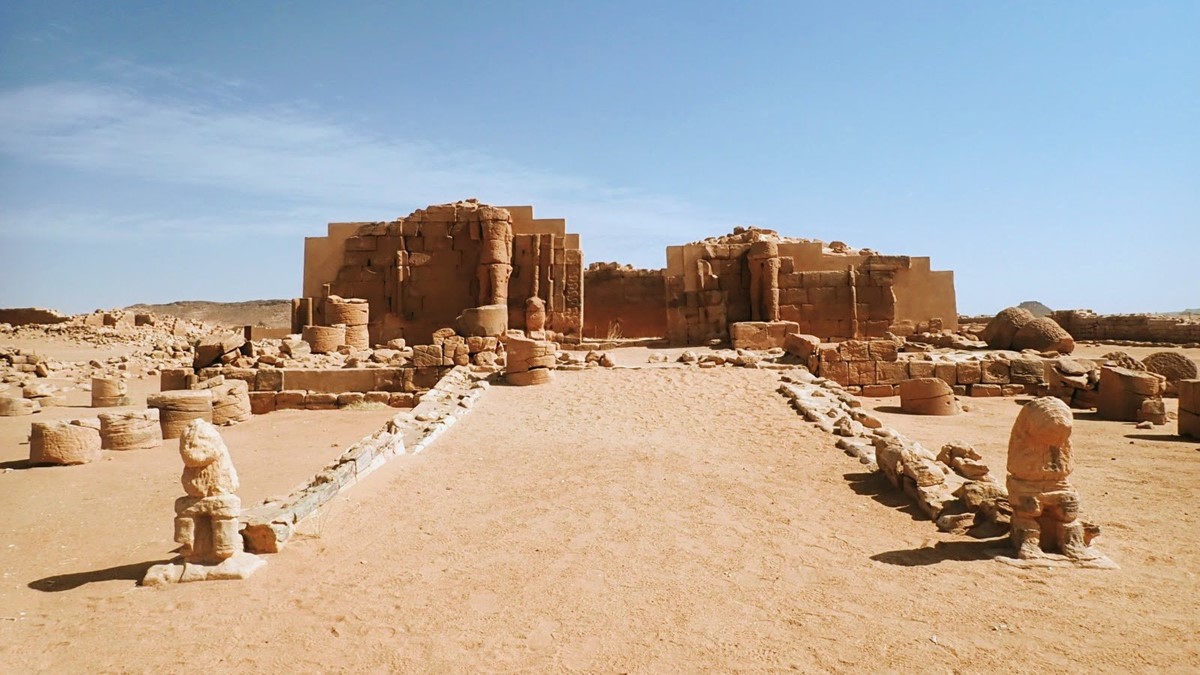
Climate and Clothing
Sudan experiences a hot desert climate with extreme temperatures, particularly during the summer months. When packing, focus on lightweight and breathable clothing, such as loose-fitting cotton fabrics. Don’t forget to protect yourself from the scorching sun with sunscreen, hats, and sunglasses. It’s also necessary to respect local customs by dressing modestly, especially when visiting religious sites.
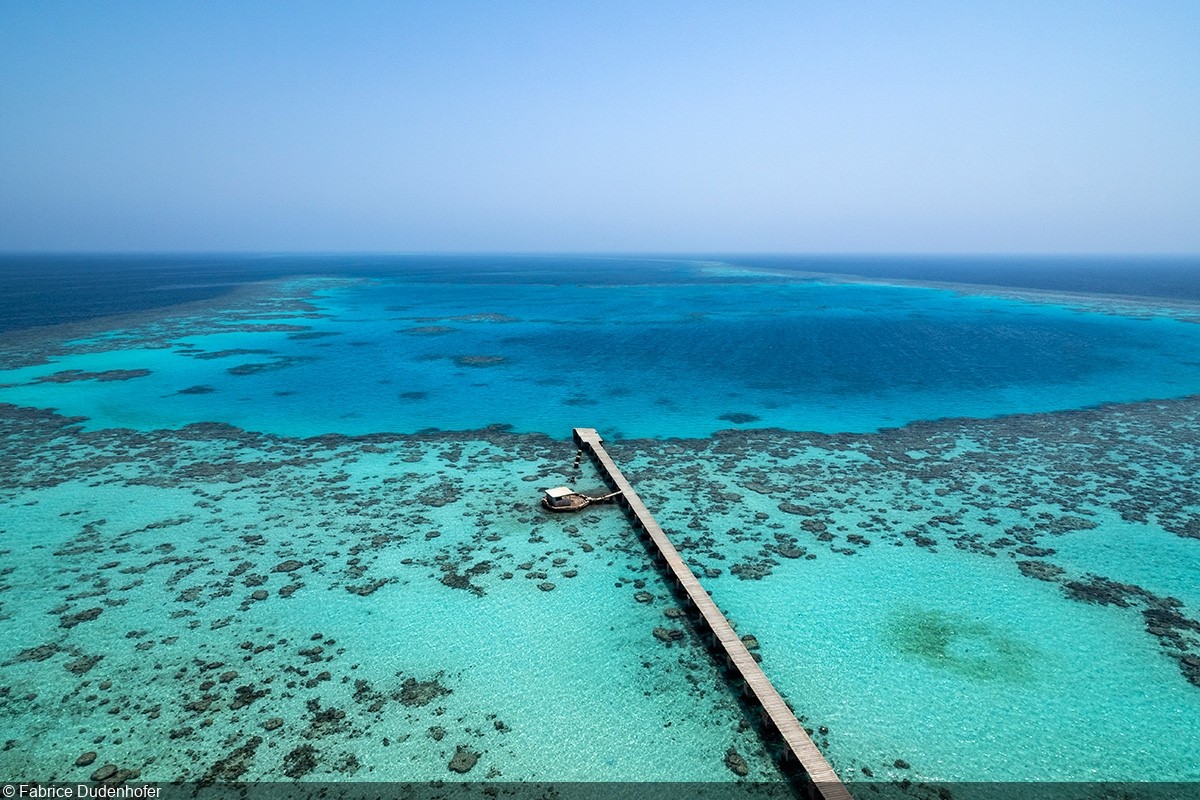
Health and Vaccinations
Before traveling to Sudan, make sure you are up to date on routine vaccinations, including measles, mumps, rubella, diphtheria, tetanus, and pertussis. Additionally, some vaccines, such as typhoid, hepatitis A and B, and yellow fever, are recommended depending on the areas you plan to visit. Consult your healthcare professional or a travel clinic at least four to six weeks before your trip for personalized advice.
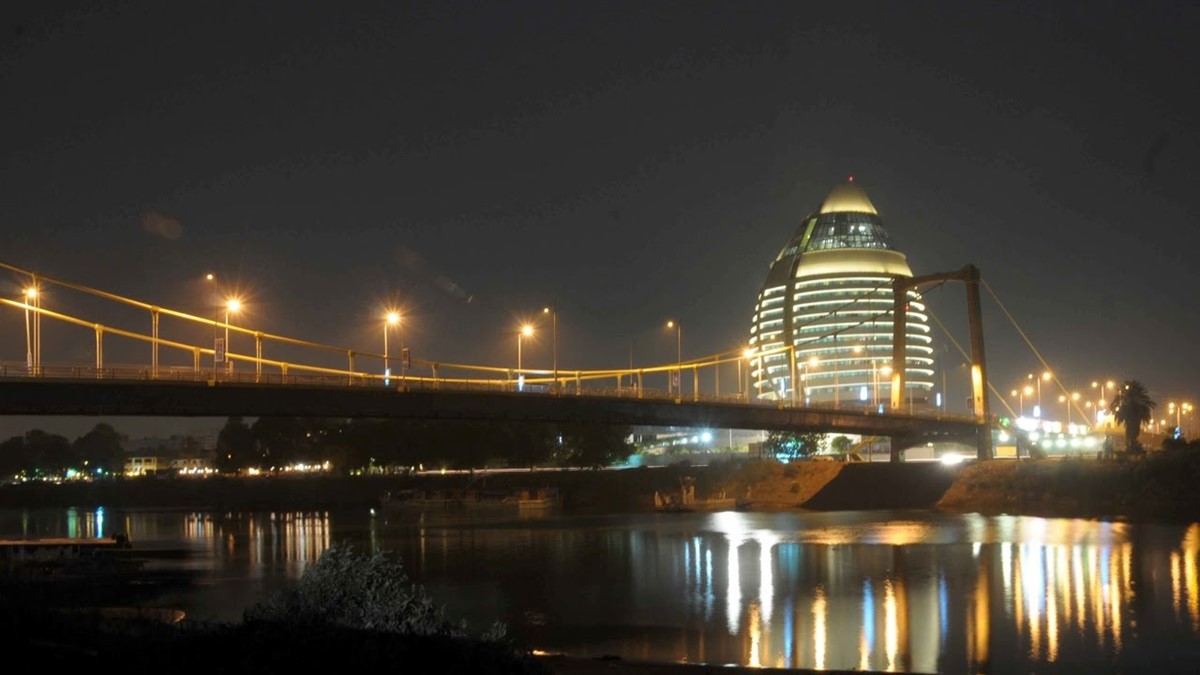
Cultural Etiquette
Sudan is known for its warm and welcoming people, and it’s important to show respect for their culture and beliefs. Sudanese society is predominantly conservative and influenced by Islam, so it’s crucial to dress modestly, especially in public places. In addition, remember to greet locals with a hand over your heart or a slight bow, and it’s considered rude to use your left hand for greetings or handling food.
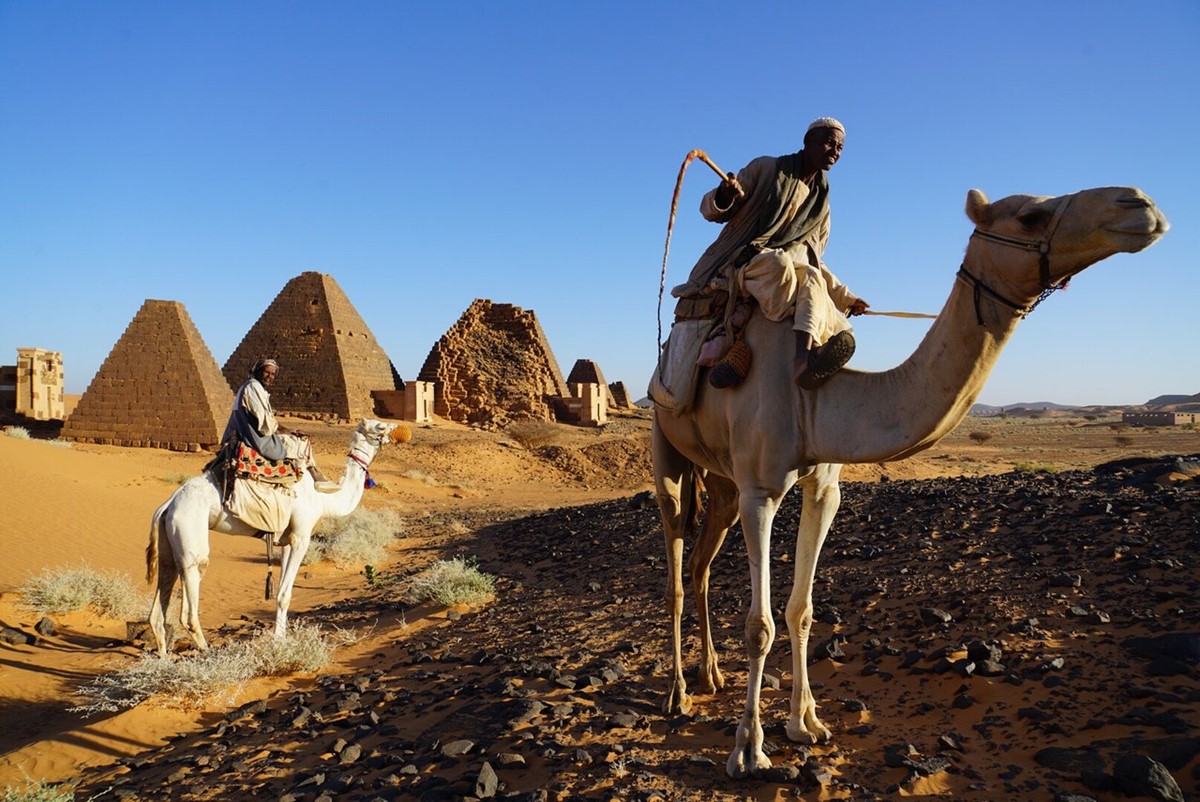
Currency, ATMs, and Tipping
The official currency of Sudan is the Sudanese Pound (SDG). It’s advisable to exchange your currency into SDG upon arrival at the airport or in major cities. Although ATMs are available, they may not be as widely spread in rural areas. Credit card acceptance is limited, so it’s essential to carry enough cash. Tipping is appreciated but not always expected, so it’s discretionary based on the quality of service received.

Transportation and Infrastructure
Sudan has an extensive road network connecting major cities, but the quality can vary. It’s advisable to opt for 4×4 vehicles when traveling to remote areas and seek local knowledge about road conditions. Public transport options include buses and trains, although they might not be as reliable or comfortable compared to private transportation. Domestic flights are available, providing a quicker but more expensive mode of travel.

Language
Arabic is the official language of Sudan and widely spoken. However, various local dialects and tribal languages are also prevalent. While it’s useful to learn a few basic Arabic phrases, English is commonly understood in major cities, particularly in tourist areas and hotels.
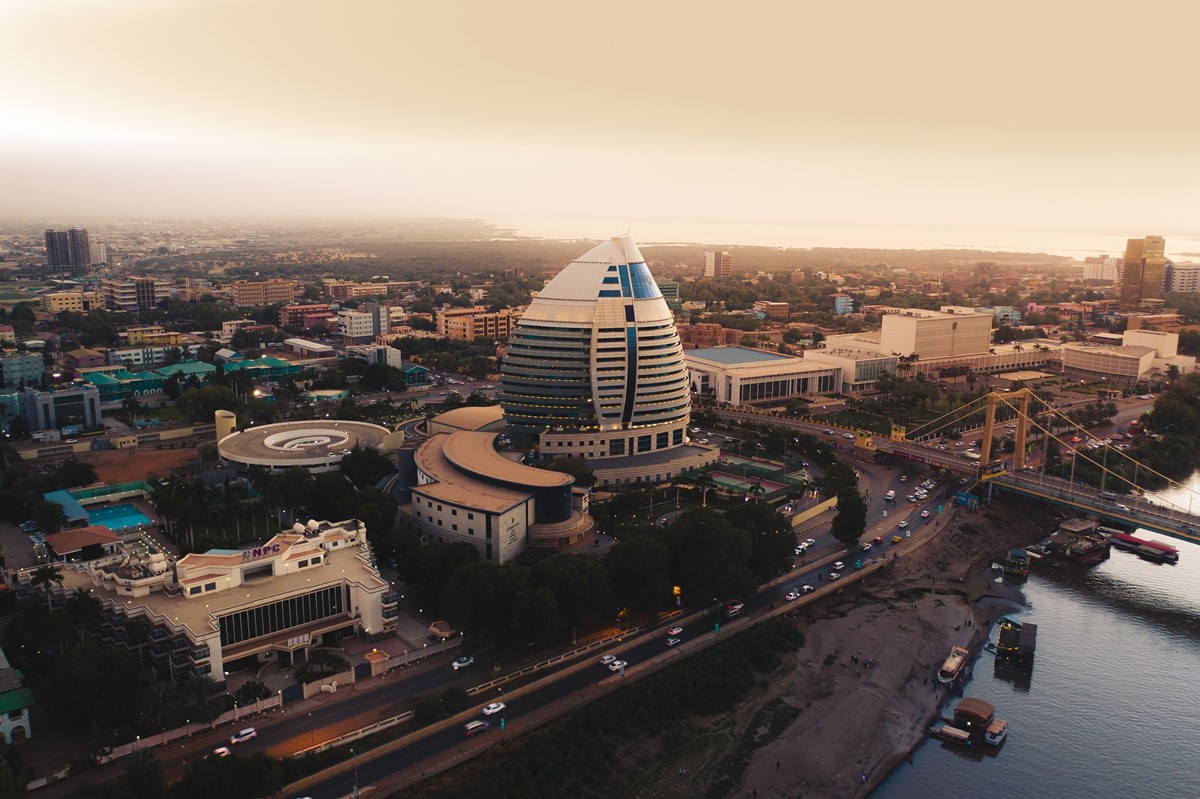
Sightseeing Highlights
Sudan boasts a wealth of cultural and natural treasures. Don’t miss the ancient sites of Meroe and the Pyramids of Nuri, explore the bustling markets of Khartoum, and experience the serene beauty of the Nuba Mountains. For nature enthusiasts, the Red Sea coastline offers spectacular coral reefs and diving opportunities. Remember to respect local regulations when visiting historical or cultural sites.

Food and Water
Sudanese cuisine is a blend of different influences, including Arabic, African, and Indian flavors. Staples include ful medames (fava beans), kabab, and various stews. When trying street food, ensure it’s from a clean and reputable vendor. Tap water in Sudan is not safe to drink, so stick to bottled water and avoid uncooked fruits and vegetables that may have been washed in tap water.

Use eSIM to access the internet anytime, anywhere
Using an eSIM for internet access when traveling offers a multitude of benefits, including convenience, cost savings, global connectivity, and flexibility. Its ease of activation, security features, and compatibility with modern devices make it a compelling choice for travelers seeking a seamless and efficient way to stay connected while exploring the world.
Read more: 10 Reasons Why you should use an eSIM when Traveling
If you are planning a trip to Sudan, buy a Sudan eSIM now.
Traveling to Sudan offers a chance to delve into a diverse culture that often surprises visitors with its beauty and history. By being prepared, respectful, and open-minded, you can make the most of your journey to this fascinating country. Bon voyage!

